WILLIAM HERSCHEL
Friedrich Wilhelm Herschel 1738-1822
William Herschel was born Friedrich Wilhelm Herschel in 1738, is the third of six children of Isaac Herschel, William was introduced to music very young.
This is a composer and astronomer Germany and Britain, who was born in Hanover.
In 1753, he played in the orchestra of his father as oboist.
In 1756, it is guard regiment, it is called in Britain which is preparing a major conflict, the Seven Years War (1756-1763), leading to the failure of the French armies.
In 1757, England with his father remains in copying music. He teaches, composes, plays and conducts orchestras.
In 1766, he moved to Bath, after being appointed organist. It was then that his interest is to optics. In 1772, he rented telescopes and others assemble in the fall of 1773, he bought a used equipment polishing mirror and begins to polish his own mirrors. Now it will no longer use that reflecting telescopes of his own making. After several disappointing years of observation, he decided to study distant stars and nebulae in understanding the "functioning of heaven." He quickly felt the need of telescopes larger and more powerful.
In 1782, he acquired an excellent technique and instruments are superior to those of the Royal Greenwich Observatory. The perfection of his telescopes is careful polishing of the mirrors of metal, but the mounts are not the quality of its mirrors.
He began the study of bright stars beyond the magnitude 4.
In 1779 he established his first statement and makes a second, about double stars.
On March 13, 1781, Friedrich Wilhelm Herschel noticed a strange object and diffuse, different from an ordinary star. He thinks it's a comet, communicates his discovery to the Bath Philosophical Society and a friend sends it back to the Royal Society.
Other observations confirm that this celestial object is a new planet Uranus. This discovery highlights the name of William Herschel throughout Europe and the Royal Society awarded him the Copley Medal.
In 1782, King George III decided to award him a pension of 200 pounds a year, to explain its function, from time to time, the sky to the royal family.
In 1785, William Herschel was the first to make a map of the Milky Way counting the stars in our Galaxy. He supposed that they were all identical and thus less luminous stars were the farthest stars. Of course at the time, he places the sun almost in the center of the Milky Way.
In 1786, he moved to Slough with her sister and then make all the telescopes for sale. They will take them four years to complete the 12-meter giant telescope focal length and 122 cm opening.
In 1787, he discovered two satellites of Uranus: Titania and Oberon.
In May 1788, he married at the age of 50, a young widow, Mary Pitt, in 1792, he has a son, John Frederick. In 1789, William Herschel discovered the satellites of Saturn Mimas and Enceladus.
In 1816 he was knighted by Queen Anne. John, his son became his assistant. He died at Observatory House in Slough, in 1822.

Image: First map of the Milky Way by William Herschel in 1785, it places the sun almost in the center of the Milky Way.
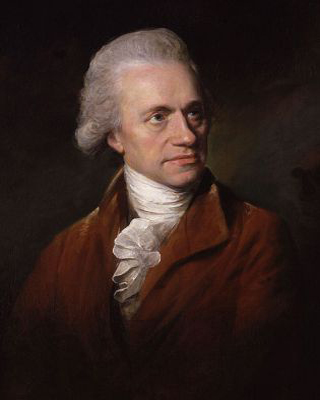
Image: William Herschel Medal by the Royal Society for his discovery of the planet Uranus.
Articles on the same theme
1997 © Astronoo.com − Astronomy, Astrophysics, Evolution and Ecology.
"The data available on this site may be used provided that the source is duly acknowledged."
How Google uses data
Legal mentions
English Sitemap − Full Sitemap
Contact the author
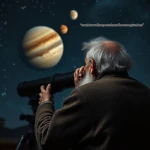 The Secrets Exchanged by Galileo and Kepler Were Coded
The Secrets Exchanged by Galileo and Kepler Were Coded
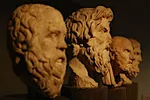 Influential Greek Thinkers
Influential Greek Thinkers
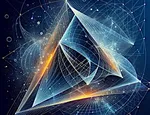 What do we know about Pythagoras (≈570-495 av. J.-C)?
What do we know about Pythagoras (≈570-495 av. J.-C)?
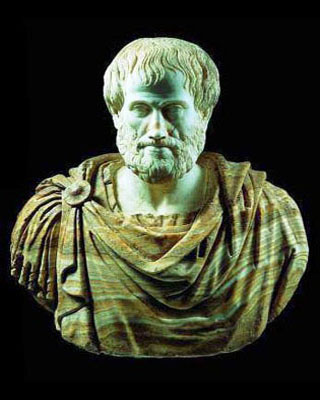 The philosophical characteristics of Aristotle (384 - 322 BC)
The philosophical characteristics of Aristotle (384 - 322 BC)
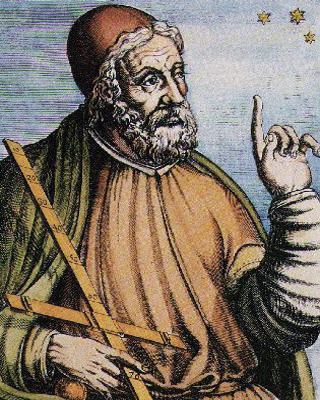 The world of Ptolemy (90-168)
The world of Ptolemy (90-168)
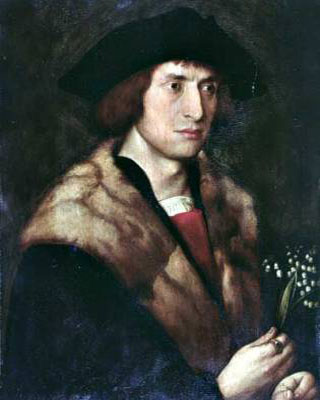 The theory of Copernicus (1473-1543), heliocentrism
The theory of Copernicus (1473-1543), heliocentrism
 Galileo (1564-1642) and the moons of Jupiter
Galileo (1564-1642) and the moons of Jupiter
 Kepler (1571-1630), planets follow ellipses
Kepler (1571-1630), planets follow ellipses
 Newton (1643-1727) and gravity
Newton (1643-1727) and gravity
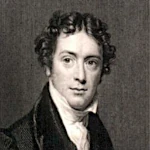 Michael Faraday, Self-Taught Genius: The Origins of Electrodynamics
Michael Faraday, Self-Taught Genius: The Origins of Electrodynamics
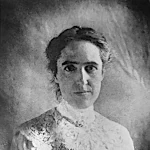 Henrietta Swan Leavitt (1868-1921), A Pioneer in Astronomy
Henrietta Swan Leavitt (1868-1921), A Pioneer in Astronomy
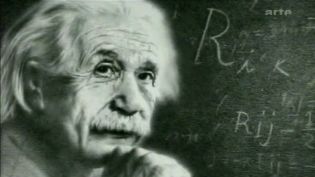 Einstein (1879-1955) and the concept of time
Einstein (1879-1955) and the concept of time
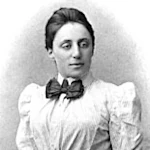 Amalie Emmy Noether (1882-1935), the Mathematician Who Revolutionized Algebra
Amalie Emmy Noether (1882-1935), the Mathematician Who Revolutionized Algebra
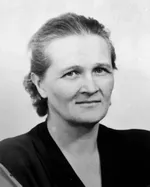 Cecilia Payne (1900-1979), the Scientist Who Revealed the Composition of Stars
Cecilia Payne (1900-1979), the Scientist Who Revealed the Composition of Stars
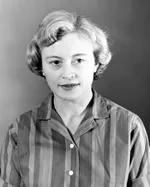 Margaret Burbidge (1919-2020): An Exceptional Journey in Astrophysics
Margaret Burbidge (1919-2020): An Exceptional Journey in Astrophysics
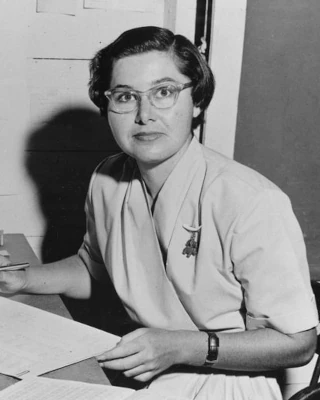 Vera Rubin (1928-2016), Revealer of the Invisible, Pioneer of Dark Matter
Vera Rubin (1928-2016), Revealer of the Invisible, Pioneer of Dark Matter
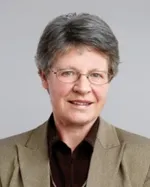 Jocelyn Bell Burnell (1943-), the Scientist Who Discovered Pulsars
Jocelyn Bell Burnell (1943-), the Scientist Who Discovered Pulsars
 Quotes about Science
Quotes about Science
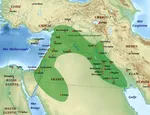 Babylonian Astronomy and Astrology: History and Contributions
Babylonian Astronomy and Astrology: History and Contributions
 Galilean Cutoff or the Beginning of Modern Physics
Galilean Cutoff or the Beginning of Modern Physics
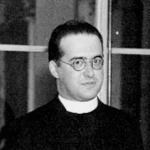 Georges Lemaître: The Primeval Atom at the Origin of the Cosmos
Georges Lemaître: The Primeval Atom at the Origin of the Cosmos